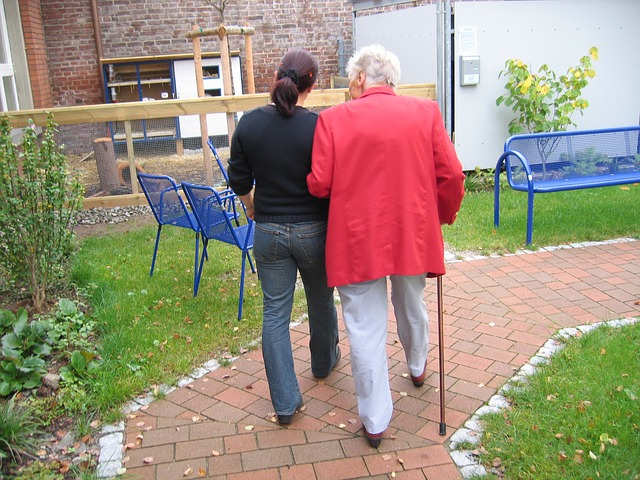A very common concern for many beneficiaries is whether Medicare will pay for care at home if it were to become necessary. The answer is yes, home health care is generally covered by Part A of Medicare. However, it doesn’t cover all aspects of home health care- but we will get to that.
Home health care encompasses a wide range of services and supplies that a person receives at home for an illness or injury, under a plan of care that has been established by a doctor. It is a health only service.
Home Health Care can include skilled nursing and home health aide services, physical therapy, continued occupational therapy, wound care, speech-language pathology services, medical social services, durable medical equipment, pain management, IV therapy and injections, medical supplies and other services provided in an individual’s home.
Home Health Care is generally less expensive and more convenient, and can be just as effective as care you would receive in a hospital or skilled nursing facility. The care that is provided to you can not exceed what has been prescribed by a doctor.
There are some limitations to home health coverage Medicare will not cover such as medications administered in the home, or anything that falls under non-medical in-home care. Medicare also will not pay for full time care. Only home health care delivered on a part-time basis, the program covers up to 35 hours per week, qualifies for Medicare coverage. Other limitations include:
- Patient must be homebound. The patient can be mobile by use of a wheelchair or other mobility device. Homebound essentially means that the patient is unable to leave the home to go see a doctor or to receive other necessary medical care
- The home health care agency must be certified and approved by Medicare
- All services must be prescribed by a doctor under a plan of care
Medicare Part A pays for 100% of most covered skilled nursing services, physical/speech/occupational therapy sessions and sometimes for home health aide services. Medicare Part B pays 80% for medically necessary durable medical equipment and osteoporosis drugs that are furnished as a home health service. You will pay responsible for the other 20%.
If your healthcare provider orders services or extra visits not covered under the Medicare home health care benefit, you may have to pay for all or part of the costs for those services. Before you use any service, item or visit, always ask if it is covered by Medicare and if you will be responsible to pay any portion of the costs.
Home health care should not be confused with Custodial Care. While home health care and custodial care sound as though they may cover the same services, they are distinctly different.
Custodial care (or non-medical home care) is a service that helps those in need by assisting them with activities of daily living in order for them to continue living life from the comfort of their own home. This type of care usually consists of help with bathing, dressing, light housekeeping, cooking meals, using the restroom, management of medications, transportation and companionship.
This type of care is not covered by Medicare.
Some agencies and professionals offer both home health care and custodial care services, and there are instances where a single person might provide both medical care in the home and assistance with daily activities. However, Medicare does not cover non-medical in home care even when it is provided by the same agency or same individual who provides the home health care services.
Medicaid will sometimes pay for custodial care and in-home support to help individuals with disabilities remain living in their homes. It also covers custodial care provided within a nursing home facility. In some states Medicaid also pays for adult day care services. However Medicaid rules are state-specific and not all will qualify. Medicaid provides health care coverage for those of very low income and minimal assets.







